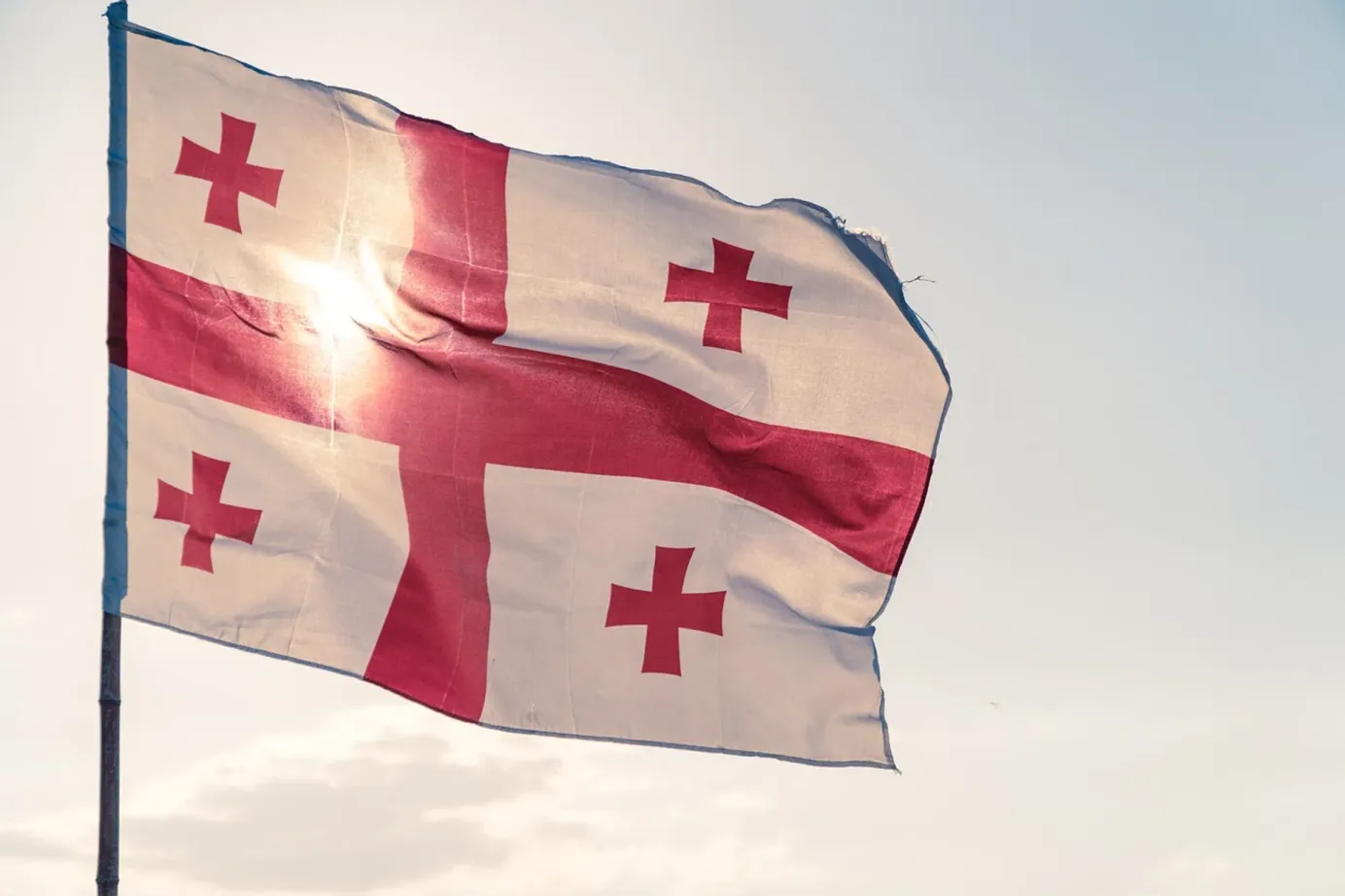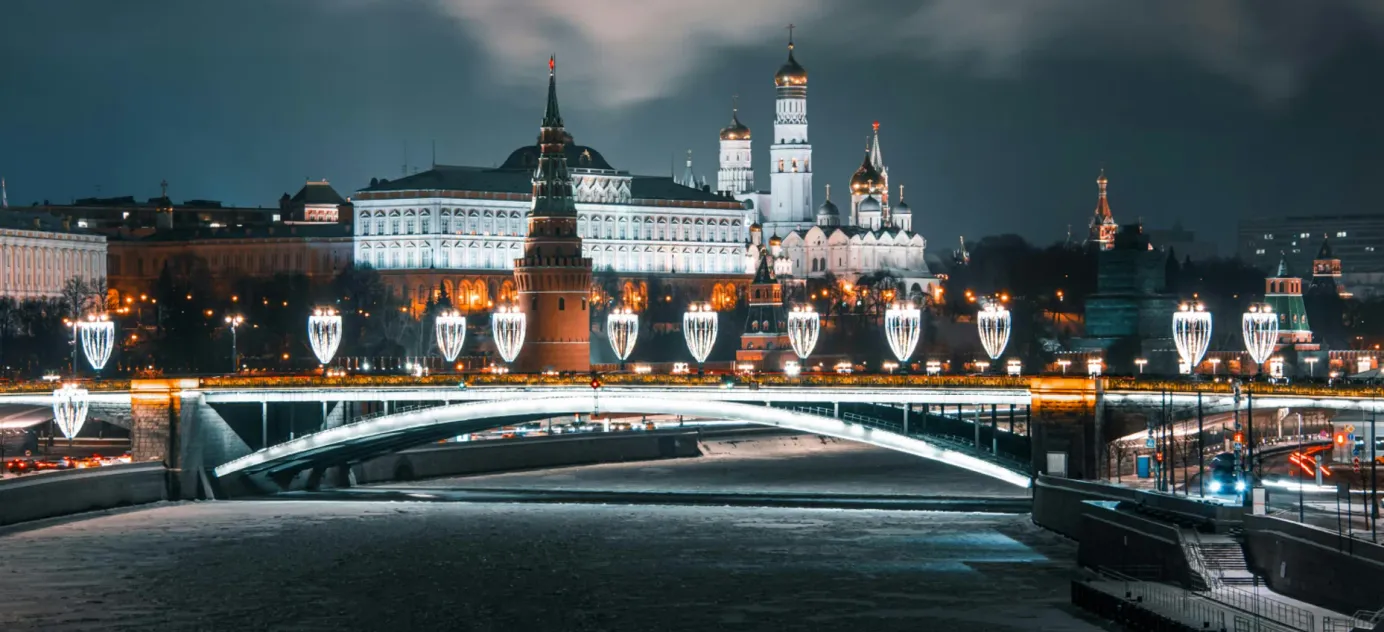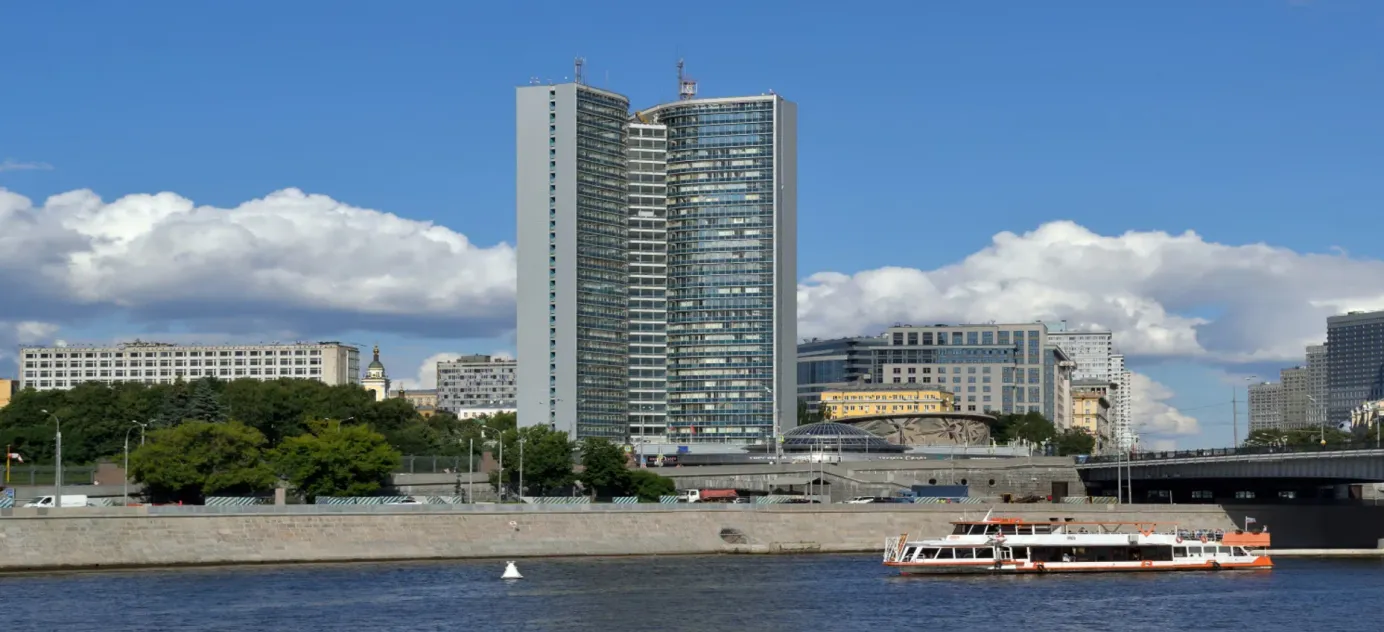
Georgia’s ruling party wins key election, triggering opposition protests
Moscow has followed Georgia’s parliamentary elections almost as closely as the upcoming US presidential contest. Oligarch Bidzina Ivanishvili’s ruling “Georgian Dream” party has been pursuing increasingly pro-Russian policies since the start of the war in Ukraine, triggering a falling out with the West and accusations of democratic backsliding. Amid the heat of the campaign, the party vowed to liquidate the opposition if it won a supermajority. In the end, official results gave Georgian Dream 54% — not enough for the constitutional majority it was hoping for, but sufficient to stay in power. The opposition
claims the vote was rigged and is trying to overturn the result through street protests.
What happened
According to the official results, the ruling Georgian Dream party secured 54%, winning 89 out of 150 seats in parliament — roughly the same as before the vote. But it’s a long way from the 113 seats needed for a constitutional majority, the party’s big aim. Had it succeeded, the party pledged it would ban leading opposition parties and impose other radical constitutional reforms. Nonetheless, the result still keeps Ivanishvili’s party, which has clashed with the West over its adoption of anti-liberal legislation over the past two years, in power.
The opposition did not poll badly overall. All four parties that agreed to work together against Georgian Dream cleared the 5% threshold required to enter parliament. Collectively they secured 37.6% of the vote. After a day of talks following the election, the parties and President Salome Zourabichvili, who acts as a symbolic opposition leader, announced that they did not accept the election result and would not take up their seats in the new parliament. They staged a protest outside Georgia’s parliament in central Tbilisi on Monday evening. Zourabichvili labeled the elections a “Russian special operation” and claimed that recognizing the result would be to recognize Georgia’s subordination to Russia.
There has been no clear response from the West yet. The OSCE mission, whose observers were present at the polls, highlighted unequal conditions for parties, pressure on voters and reports of vote buying, especially in rural areas. There is also evidence on social media of “carousel”-style fraud — people being shuttled to multiple polling stations to cast multiple ballots — and ballot stuffing. And Russian electoral expert Roman Udot indicated statistical signs of manipulation outside the big cities.
Several Western countries and organizations, including the EU and Germany, have expressed concern over the reported voting irregularities and called for investigations. Secretary of State Anthony Blinken reminded the Georgian authorities of the need to observe the rule of law, repeal legislation that violates fundamental human rights, correct the electoral process and lead Georgia “along a path to a Euro-Atlantic future.” The warmest response in the West came from Hungarian Prime Minister Viktor Orban, an ideological ally of Georgian Dream, who congratulated the party. Even Moscow is yet to formally congratulate Georgian Dream.
Why the world should care
Since the mid-2000s, Georgia, along with Ukraine, has been seen as an outpost of resistance to Russian influence in the former USSR. The idea of joining the EU is popular among all sectors of the population, regardless of their political persuasion, supported by 86% in one recent poll. When the country was made an EU candidate at the end of 2023, the news was greeted with nationwide celebrations. But even following the 2008 Russia-Georgian war, Tbilisi has retained close ties with Moscow, particularly on the economic front. Almost a quarter of Georgia’s economy is connected to tourism, with more Russians visiting the country than from any other countries (23.4% of all tourists). Russia is second only to Turkey when it comes to foreign trade.
Prior to the Ukraine war, the Georgian Dream government, in power since 2012, sought to strike a balance between Russia and the West. But after Russia’s invasion, the party’s billionaire founder Bidzina Ivanishvili, who made his fortune in Russia in the 1990s, adopted an increasingly pro-Kremlin stance. Tbilisi has not joined sanctions against Russia and in 2023 agreed to resume direct flights between the countries, which had been suspended since 2019. Russia responded by introducing visa-free travel for Georgian citizens.
Ahead of the election, Ivanishvili returned to take an official role leading the party after a long period of not holding a formal position. His campaign interventions were vehemently anti-Western. Playing on voters’ fears, he claimed that the West wanted to drag Georgia into a new war with Russia. Georgian Dream’s campaign used images of devastated Ukrainian cities with the slogan “No War!”. In spring 2024 the party authorities, despite rallies attended by thousands of protestors, pushed through a repressive law on “foreign agents” and showed that it would not be swayed by public protests. It then pushed forward legislation against “LGBT propaganda,” a narrative that appeals to conservative and religious voters but reminds young, pro-European residents of Tbilisi of similar laws in Russia.
Western countries subsequently sanctioned Georgian officials for their role in suppressing the protests, while the EU formally suspended Tbilisi’s accession process. Amid the intense protests and backlash from the West, it seemed that Georgian Dream risked turning the country’s electorate against it. But now experts agree that the party successfully played the “anything but a war” card in the campaign, while the opposition — despite forming an unprecedented coalition — failed to demonstrate a united front and did not manage to turn the vote into a referendum on Europe.
What does it mean for Russian emigration
Immediately after Russia invaded Ukraine, Georgia became a major hub for Russian political exiles. It was easy and affordable to get there and the local authorities would not extradite anyone back to Russia. Many of those who arrived have since moved on to other countries, using Georgia as an intermediate destination. But The Bell still calculated recently that more than 70,000 Russian emigrants were in Georgia. If Ivanishvili’s government becomes more overtly pro-Kremlin, a significant number of them may find a new home.





